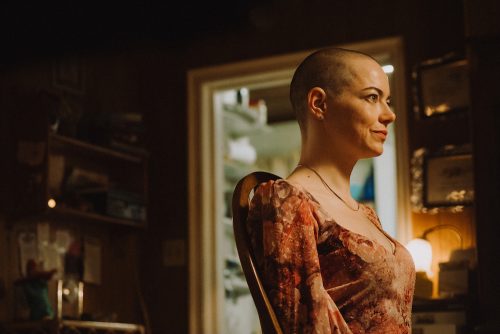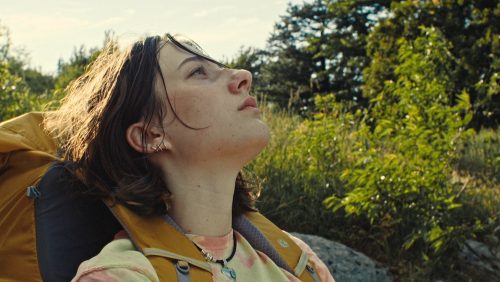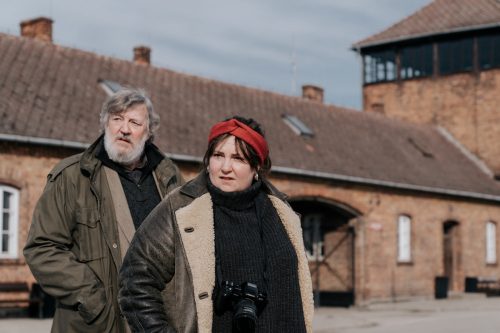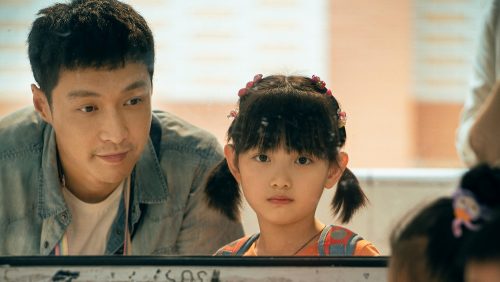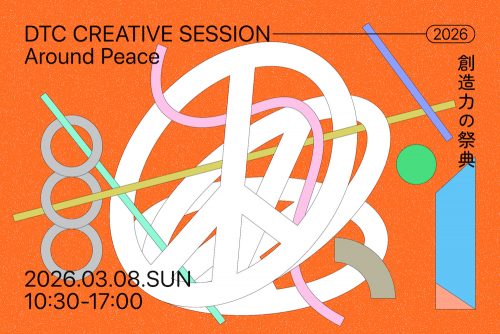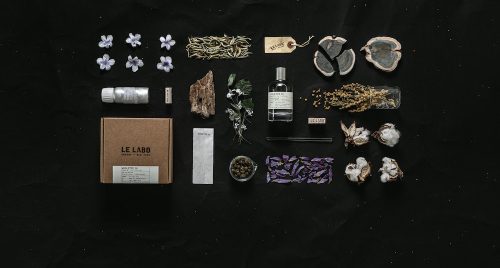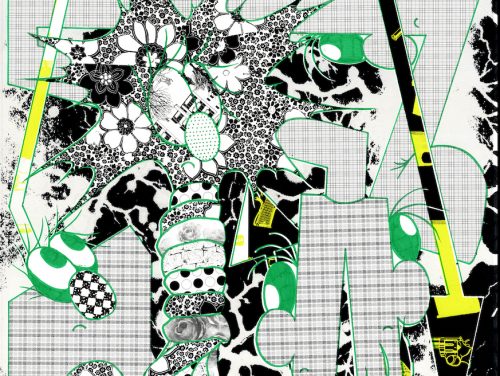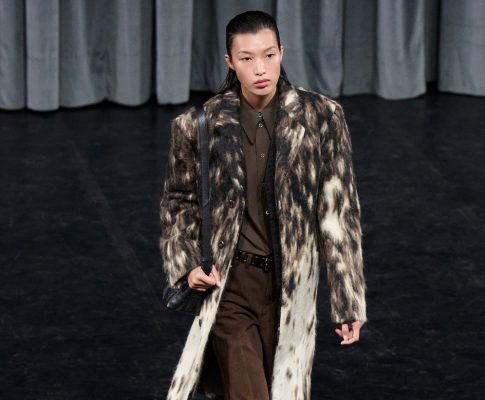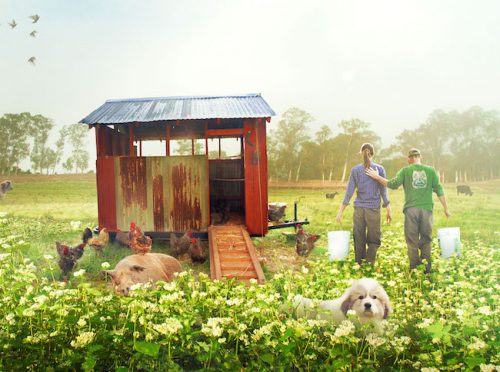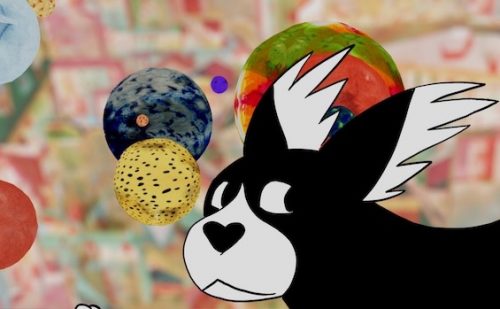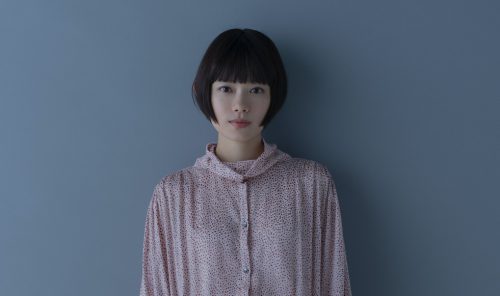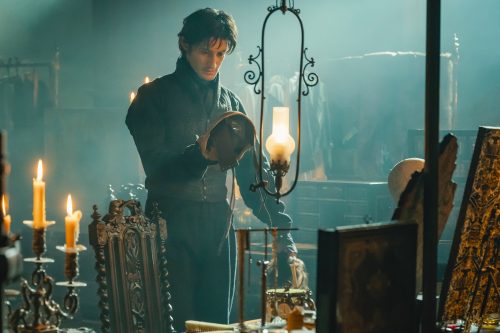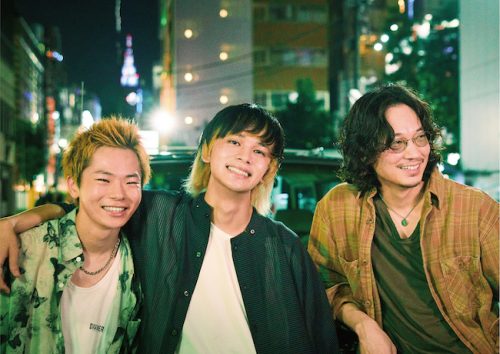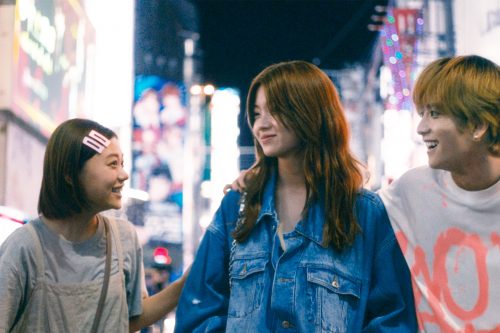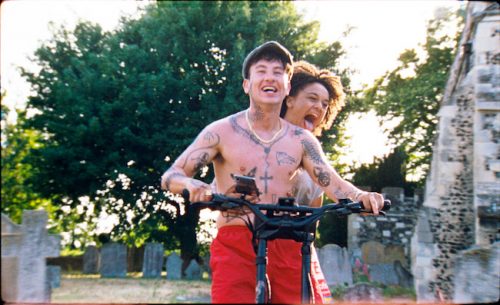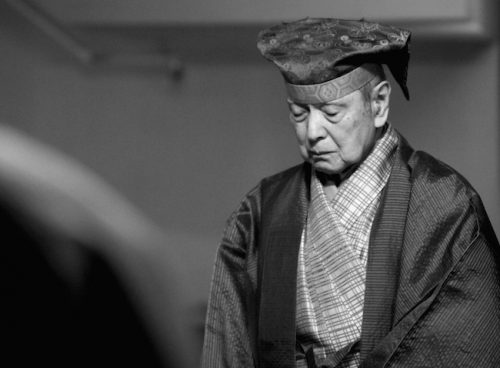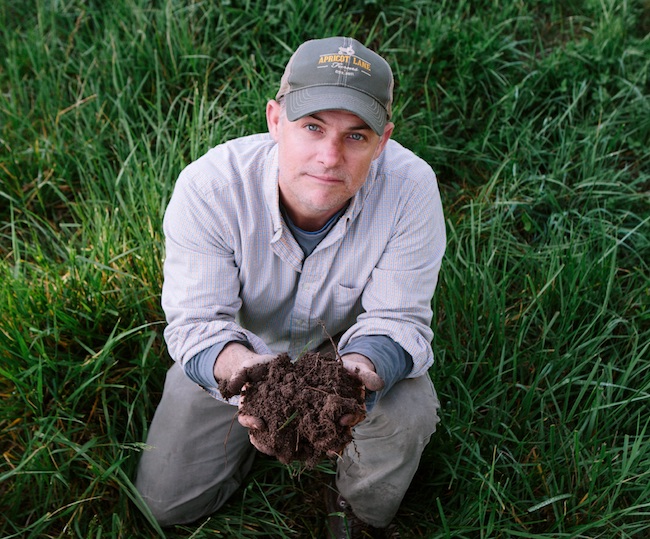
Apricot Lane Farm April 2019
——It seems difficult enough to start a farm, especially like your farm, and making a documentary is another difficult thing. Doing both at the same time seems insane, but were you planning to make a film from the beginning?
John Chester: No, I was not planning to make a film from the beginning. I really quite happily left the film business. But I was a documentary film maker and I was always fascinated by beautiful imagery, and I thought, “Well, maybe there are things one day I want to tell stories about on the farm.” So I started filming things, and I started kind of getting the idea after a couple years, but nothing was really working until year five. I saw all of the return of the biodiversity. You know, come back with hawks go for snakes, various predator insects that would predate on our pest insects. And I started realizing there was this purposeful return of nature, and I was documenting that, too. And that was the story that I thought would be compelling enough to make into a film. So it wasn’t until year five that I decided that I actually had a real story to tell, because it started to work. And Alan used to always be like, “you better start filming this! It’s not going to look like this in five years.” He was always telling me how beautiful it was going to be.
——I live in the city and we sometimes go camping or rock festivals up in the mountain to enjoy nature, but I can’t imagine leaving everything behind and living in nature. How difficult or easy was it for you to make that decision?
John Chester: For me personally, I really enjoy being in nature. I grew up in a very rural sort of farming community back in Maryland. So it wasn’t a really big stretch for me, because I had actually worked on farms, too. But I didn’t know anything about farming, I just knew how to drive tractors or I knew about various implements. Anyways, I liked it and also, I was working in nature photography and animal documentaries. I think what I didn’t expect was that I thought I was leaving the film business for easier life. And this life is seven days a week, 24 hours a day. We didn’t take any vacations for the first five or maybe almost seven years. We didn’t leave the farm, so it was overwhelming enough.
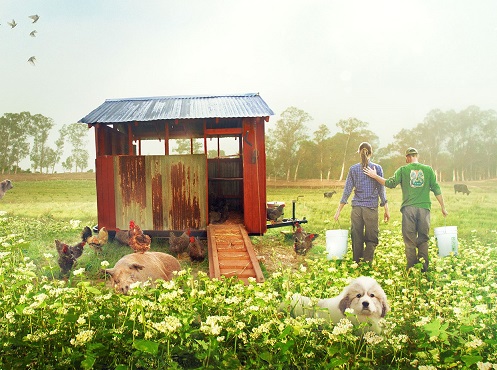

——You had no intention to make another film when you left the industry?
John Chester: I was really done. I wasn’t inspired to tell stories. I kind of lost my way. You know, Los Angeles would do that to you [laughs.] I was making documentaries on the East Coast and I was finding more inspirations from being outside of L.A., outside of the bubble. But once I got consumed by the Los Angeles bubble, everything seemed less inspiring. And what happened was that we always prided ourselves on being pursuers of meaning and purpose. And what Molly and I found was that our humble, vulnerable, true reconnection to nature makes meaning and purposeful pursuits even richer and more complex. And it was something we were missing that we had no idea we were missing.
——In the begging of the film, the land was so dry and I thought it was impossible to make a farm. When Alan told you that you could make a beautiful farm there, could you believe him? What did you think when you first saw the land?
John Chester: When we first got here, in comparison to a lot of other farms, we thought that was beautiful. But it was really, really dry. What we couldn’t see was how dead the soil was. And we realized that the soil was a problem. Alan was like, “That’s the first order of business,” and he said “we have to bring this soil back to life.” The way you build soil is plants. Plants build soil, that’s how it works. And most of the farming in this area, industrial agriculture, kills any plant around the crop. Because they think it’s in competition with the crop. And they think it causes the problem. In actuality, the thing that feeds soil ultimately feeds the crop plant, and also becomes the immune system that supports your plant health on the entire farm.
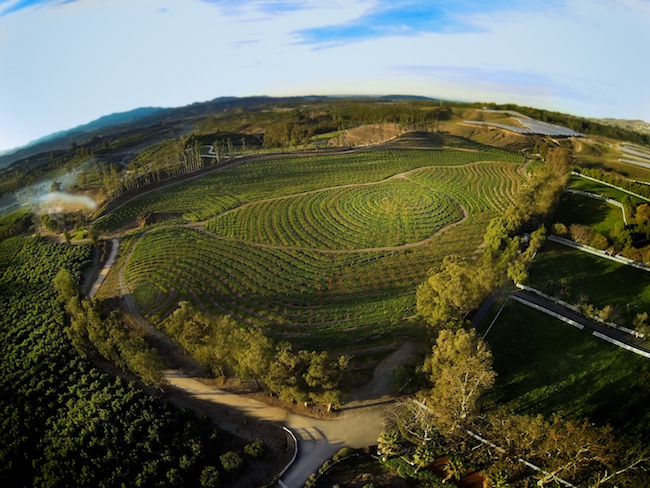
DCIM100GOPRO
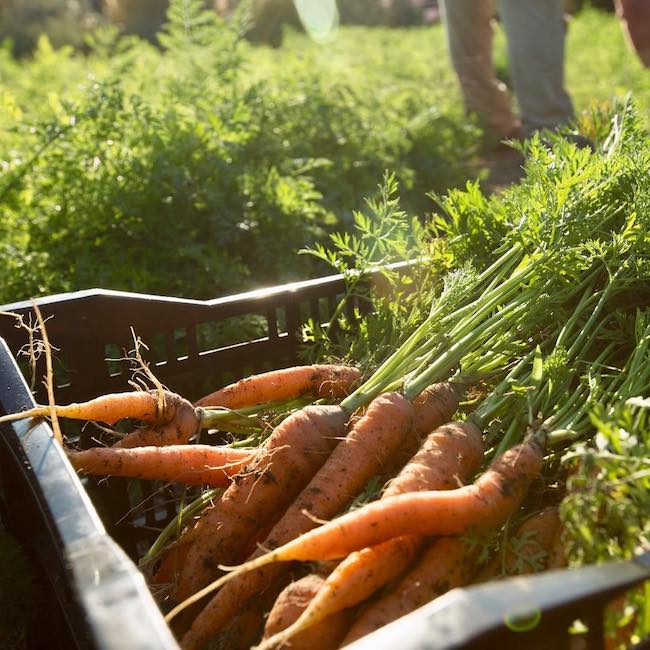
——When you first started the farm, how much of a vision did you have?
John Chester: We knew we really wanted to work in a regenerative way. That’s a really important word. We don’t use the word “sustainable,” because it doesn’t mean anything. It’s a word that gets used a lot, but there is no requirement for what the word even means. So sustainable is like it will last forever, it will sustain, right? Well the planet we live on is not being inhabited in a way that is even sustainable. So how can we say that agriculture of any form is sustainable? [laughs]
——You must have learned a lot from Alan York. He is almost like a philosopher and I was really moved by some of his words. What were some of the biggest lessons you got from Alan?
John Chester: I think the most important thing that Molly and I learned from him and from the farming practice itself is that our way of farming is a way of seeing. Once you are able to see the way that system works and the diversity you create, it’s like basically having the tool box full of tools. You don’t even know what you are going to need in that tool box. But as long as you bring all nature back to the equation, you now have things you can start to actually call on to help regulate your system that gets these epidemics of pest and disease. And he taught us how in the face of fear, the antidote to that fear that we feel during failure, the shame we feel during failure is curiosity. Curiosity for why the bad thing exists. You have to understand how the enemy works or how the thing that is working against you. How does it work? Why does it exist? There is a purpose. And once you understand that, you can better align with the way to sort of gently guide it in a direction that you and your farm can live with. It’s a comfortable level of disharmony. And that all starts with what Alan taught us, and that is how to see the opportunities in the things that often times make us run in fear, or fix the problem too quickly before we understand why the problem exists. I could have very easily killed 13 coyotes, and eventually I killed one, but it took a long time to understand why the coyote existed. It helped me to value the coyote. It helped me to understand the complexity of its existence offered gifts to the farm. The coyotes regulate gophers and rabbits and other things that I may not even know. It’s a pollinator. It’s a seed propagator. And before we obliviate it, you need to take time to understand why it exists. And I’m sure anybody can say that there is probably a coyote or two in your work place that no one can figure out how to get along with. But somehow, they do something [laughs]
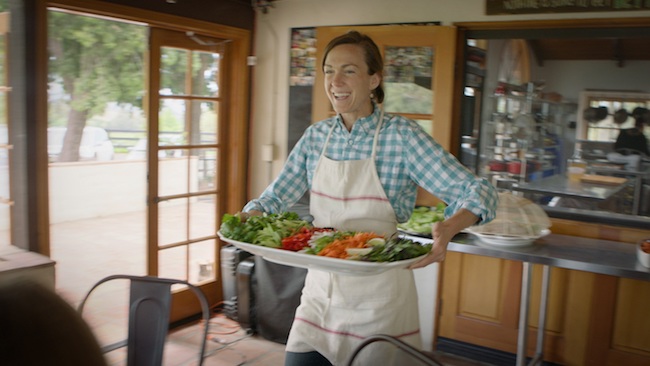
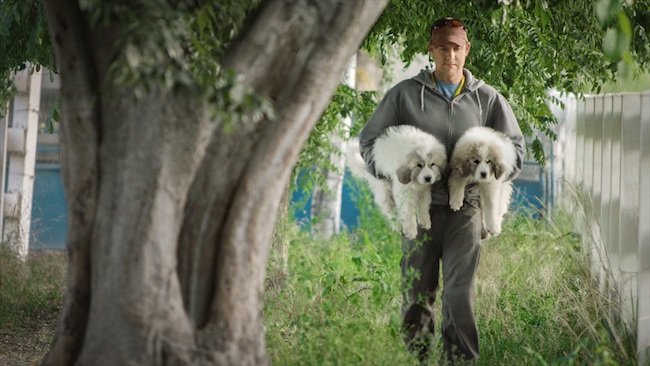
——I’m sure there were difficult times during the eight years that are documented in this film. Was there any moment that you thought you wanted to give up?
John Chester: I mean there was definitely moments where I thought it was going to fail. Molly said she never thought about giving up.
——I love your wife. She is so sweet!
John Chester: Yes! She’s very sweet. She’s like a hummingbird. She never gives up and she’s never tired. She is optimistic. But the moments I felt that I could give up were really short. Because the reality is having a farm and animals depended upon you, and plants depended upon you. Because their existence is like having a child, it’s not easy to just walk out on your children. Next day, someone has to feed them, and someone has to care for them. So anytime you thought about giving up, the next step is like, “OK, well, if you give up, what are we going to do with all the animals?” You start to think about that and then it’s easier to go until it kicks you off. You try one more time and something happens.
——How do you feel watching your son growing up on the farm?
John Chester: He’s only five, but a couple days ago when we were driving around, he said “Dad, I’m lucky.” I said “Why is that?” and he goes “I get to grow up inside of nature.” And I think what I liked about that statement is I really feel like what we live inside here in this farm, and it is a biologically diverse farm, we live inside the engine of the ecosystem. He gets that all the different things on this farm are working together to create a certain harmony. He understands the principles of biological interconnectedness of mutualism. And I think to be five years old and be able to sort of get that is pretty cool. I wish I got it when I was 35, let alone five! I think that’s why I made the film. I wanted not only older people, parents but I really wanted children to be able to see this as a possibility to understand what we mean by interconnected ecosystem.
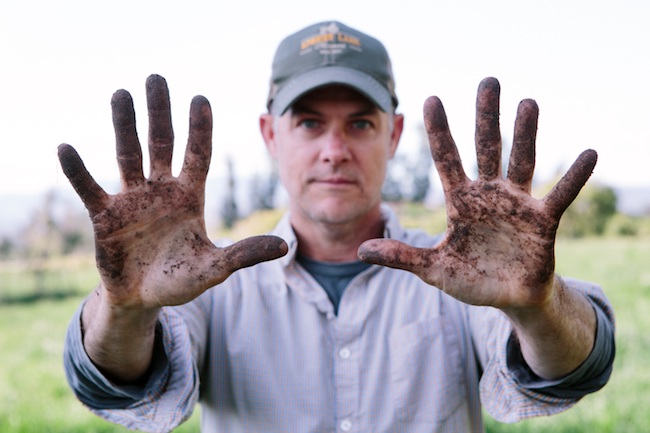
Apricot Lane Farm April 2019
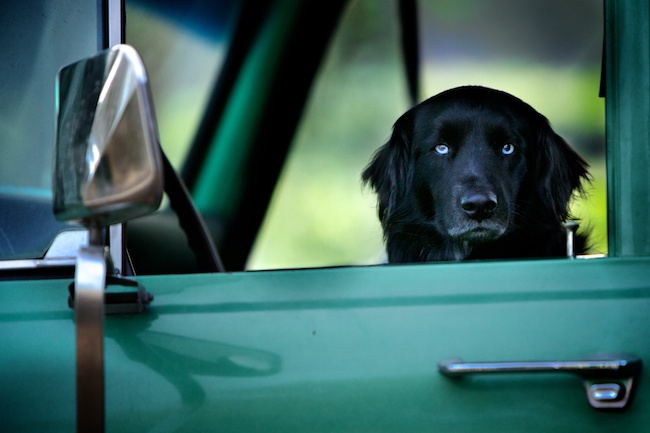
——Are there anything that we could do while living in the city to make our planet a better place?
John Chester: Absolutely. Actually, the most important thing cities could do would be not to throw away their food waste. Because those are finite natural resources that we can use as fertilizer. There are so many nutrients that are so important that you are throwing away. So I think composting on your porch, composting for your own garden, encouraging your community to develop a composting pickup program, or donating your food scraps to a local garden or gardening club. We want those valuable nutrients to go back to the soil. If we did it in New York City, the rats would die, they would have nothing to eat. The rats are the composters of New York City. Because there is so much trash falling out of trash bags that’s what the rats live off of.
——There is so much we can learn from your film, so I hope many people would go see it in Japan.
John Chester: There is a book called “The One-Straw Revolution” written by a farmer in Japan. I can’t say his name, but he is more of a philosophical farmer. I think he was seen as a bit of an eccentric, but the thing that he and I would share would be that seeing the interconnectedness of nature is an art form that informs the farmer on what to do which ultimately create the method of farming.
——Thank you very much for your time. Is Emma the pig still around?
John Chester: She is still around! She’s probably about 100 yards from me right now sleeping [laughs.]
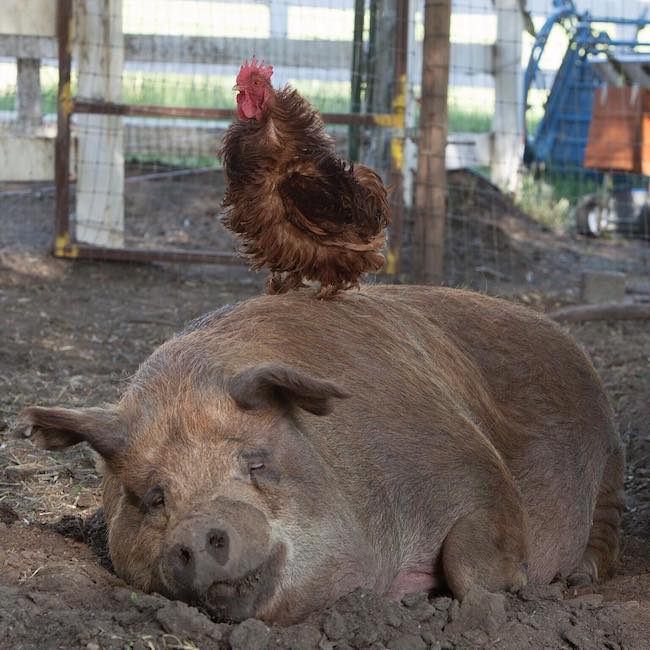
text Nao Machida
edit Ryoko Kuwahara
1 2
